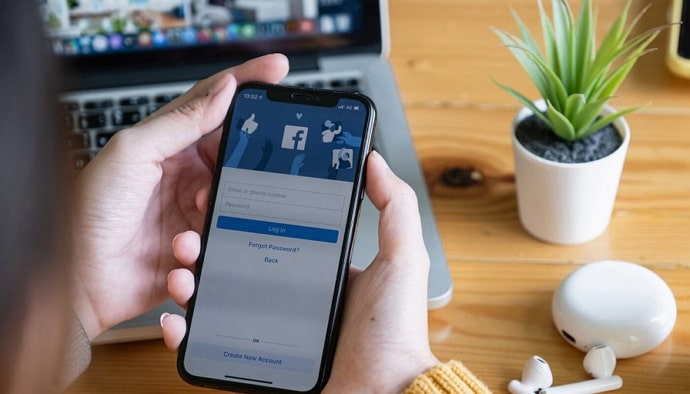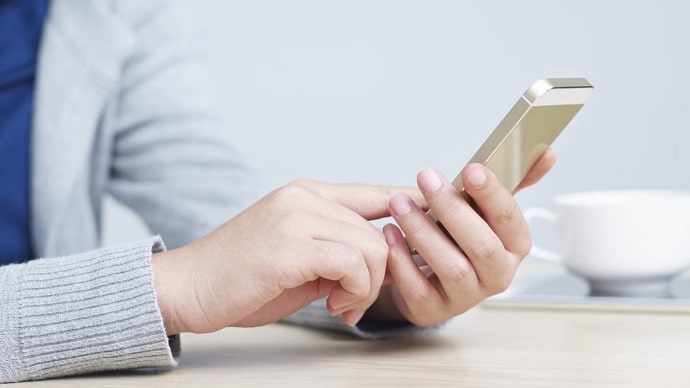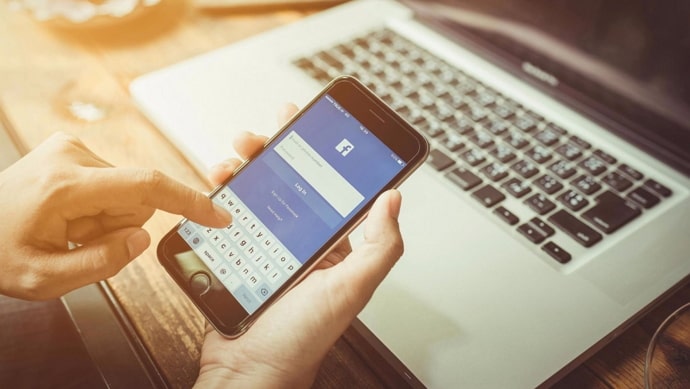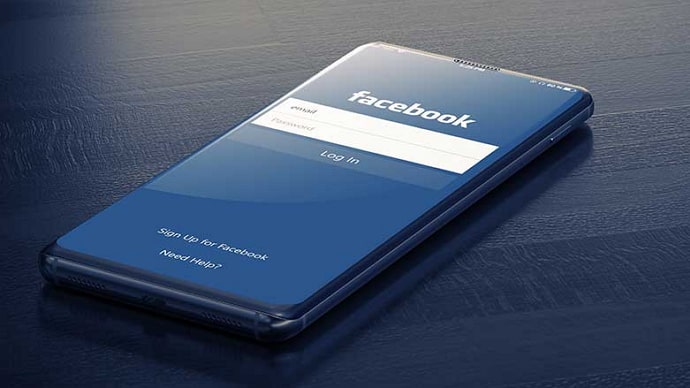Facebook is a place that is more or less a social hub for people. It is hugely popular and well-loved in the social media world. People use it regularly to connect with friends and family and be in touch with people who matter to them. Facebook’s popularity is a result of its user-centered design, which focuses on making the platform as easy and enjoyable to use as possible. It provides one with a platform to share updates, photos, and videos and to stay connected with others. It is very easy to navigate and engage with the platform and its layout.

As a user, you can create your personal profile as well as join and interact with groups of your preferences and likes. You can also share and discover new and engaging content. The platform allows you to create events and even conduct business through Facebook Pages.
In all of this, one might worry about their account and data security. How easy is it to log into or access someone else’s profile? Is there a way anyone can access your profile? If you have ever wondered about this or how you can log into someone’s Facebook account, we have got you covered.
In this blog, we will explore if it’s even possible to get access to anyone’s Facebook account without knowing the password. Let’s get started!
How to Log Into Someone’s Facebook Account Without Password?
Well, let’s get straight to the point. Facebook has taken steps to protect user accounts from unauthorized access. It advises users to use strong passwords, set up two-factor authentication, and take part in security checkups.
As a result, it is not possible to log into someone’s Facebook account without their password. If you try to log into someone’s account without their password, you will be prompted to enter the password or reset the password.
If you need to access someone’s Facebook account for legitimate reasons, such as if they are unable to access their account themselves, you can contact Facebook support for help. However, they will not be able to help you in providing the account’s password.
There are still some methods that people use to try to log into someone’s Facebook account without a password. Let’s explore them one by one.
Phishing
This is a common way to try to steal someone’s password. Attackers or hackers may send emails to a user that look like they are from Facebook. These emails may often contain links that, when clicked, take victims to fake Facebook login pages. If victims enter their passwords on these fake pages, attackers can steal them.
Keyloggers
These are programs that can be installed on a victim’s device or computer without them knowing about it. Keyloggers record every keystroke that the victim makes, including their Facebook password.
Social engineering
One way that attackers can obtain passwords is through social engineering. This involves tricking or fooling a user into sharing their password and is often done by posing as a legitimate entity.
For example, an attacker might call the victim and claim to be from their bank, asking them to verify their password. The attacker might then ask the victim for their password so that they can “fix” the problem.
If you think that someone has logged into your Facebook account without your permission, you should change your password immediately. To protect your account even more and add an extra layer of security, you can enable the option for two-factor authentication.
This will help in the protection of your account because it requires you to enter a code from your phone along with your password when you’re logging in. You can check your account settings to see if two-factor authentication is enabled.
In the next section, let’s explore some ways you can protect your account on Facebook from potential hackers.
How can you keep your Facebook account secure?
Keeping your Facebook account safe and secure becomes a primary objective when you have so much of your personal and sometimes professional data stored there. To do that, here are some tips that can help you keep your Facebook account secure.
Use a strong password
This is a given. Your password should be at least 12 characters long. It should also include a mix of upper and lowercase letters, numbers, and special symbols.
Don’t share your password
The next important step is to never give your password to anyone, not even your friends or family.
Be careful about clicking on links
If you receive an email or text message that contains a link to Facebook, be careful about clicking on it. The link could be malicious and could lead to a Facebook login page that is completely fake.
Enable two-factor authentication
As discussed, two-factor authentication adds an extra layer of security to your account by requiring you to enter a code from your phone in addition to your password when you log in.
Keep your software up to date
Lastly, Facebook regularly releases security updates. Therefore, you should make sure that you install these updates as soon as they are available.
There you go! By following and keeping in mind the tips mentioned above, you can help to keep your Facebook account secure from potential hackers.
To wrap it up
Well, that brings us to the end of this blog. To wrap it up, let’s quickly recap everything we have learned today. We began by talking about Facebook as a popular social media platform and how it is a hub for social interactions.
We then discussed how as a user, one could be worried about their account and data security on the platform. We determined whether you can log in to someone’s account on Facebook without having the password for it, the answer to which is No.
We then discussed some ways that hackers can get hold of your passwords in case you are not careful. Lastly, we discussed how you can keep your account safe from potential hackers.
With this, we hope we were able to answer all your questions and doubts about Facebook and if you can log into someone’s account without having the password. If you have any more questions or queries you would like us to address, feel free to drop them in the comments below.
We will make sure to answer them in our upcoming blogs, as always.
Also Read:





 Bitcoin
Bitcoin  Ethereum
Ethereum  XRP
XRP  Tether
Tether  Solana
Solana  USDC
USDC  Dogecoin
Dogecoin  TRON
TRON  Lido Staked Ether
Lido Staked Ether